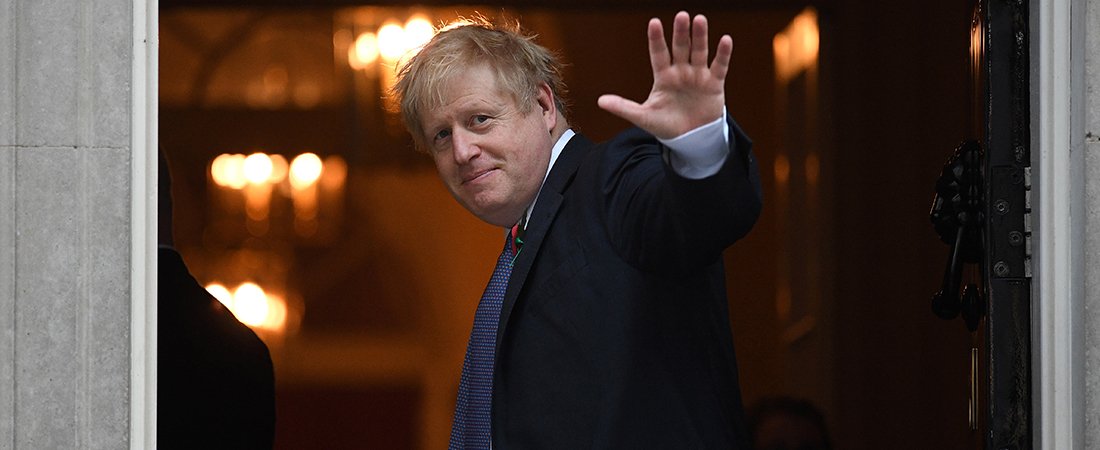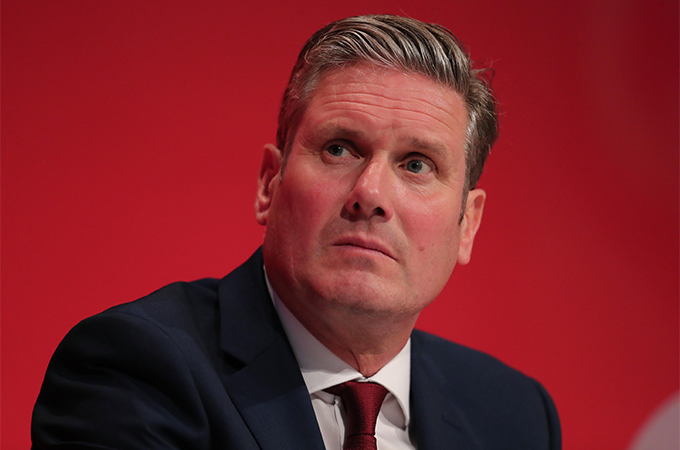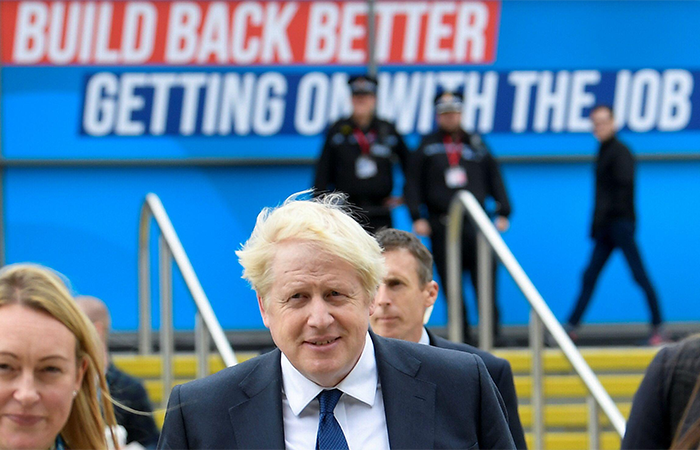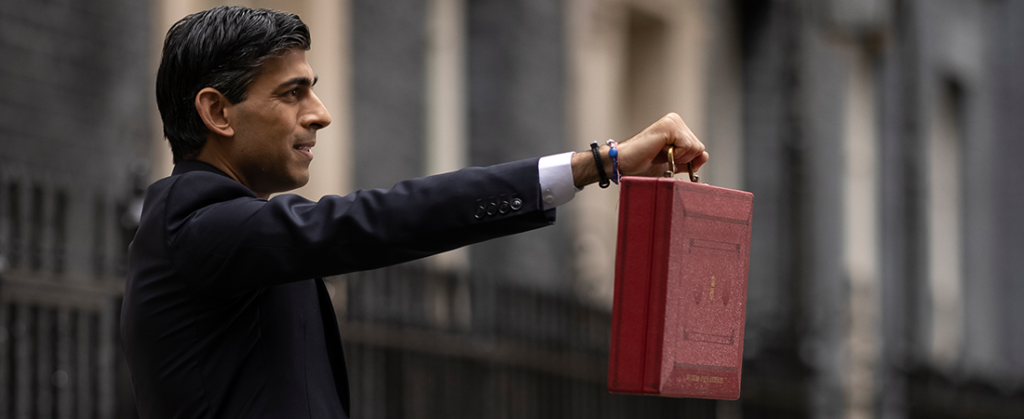A NEW, decisive Boris Johnson has put his Party in a General Election footing, many Westminster observers think. The reshuffle of his government is intended to ensure he can go to the country as early as 2023 if he wants to.
The PM has returned from a summer holiday full of determination to deliver. He rammed through tax rises to pay for social care costs despite the instinctive opposition of his own Conservative supporters. And he radically reshaped his ministerial team in a relatively flawless operation which saw virtually no hiccups.
Behind the scenes the figure of Sir Lynton Crosby has been moving into a powerful role. The Australian polling guru returned to no10 Downing Street in July. And there is talk of a formal role for his team advising the Conservative Party in January. Many think this explains the decisiveness of Boris in recent weeks.
Putting ultra fixer Michael Gove into a new role sorting out the housing stock shortage is a big part of that election-winning strategy, observers say. He is a radical reformer who takes on the establishment where he pitches up. Teachers, judges, plastic have all faced battles with Mr Gove.
Many are still scratching their heads at the appointment of Oliver Dowden as party co-chairman. But who better to kick the Conservative Party election fighting machine into action?
Together these two appointments should be seen as vital if the PM wishes to get ready to go to the country. Ministers have long been worried by the lack of any obvious appeal to under 30s in the electorate. It will be Mr Gove who steps in to make radical change.
Noses will inevitably be out of joint but the new Housing Secretary relishes a fight. The tussle with his own Party over nimbyism will also stretch his political acumen to the limits. In truth the Premier cannot realistically go to the country until boundary changes are completed in 2023. But he feels he has been denied at least 18 months of policy progress due to the pandemic.
Boris is now surrounded by a team of ministers who are broadly Brexit focused, loyal and keen. Senior Conservatives calculate that as long as Labour are unelectable in Scotland, they cannot pose a serious threat to a second Boris term in power.
The PM has also seen at first hand what his no10 can deliver with direction from the top. Of course nothing is written in stone.
Many Conservatives were getting restless with their leader – another reason for moving swiftly and decisively in September. He knows he doesn’t have the best relationship with his Party in Westminster. Many are deeply unsettled by the tax and spend nature of the government he appears to be leading.
The aim is now to keep the momentum.
A Party Conference in Manchester in a few weeks’ time gives him the opportunity to set out a programme, post-pandemic. This should deliver a surge of support to take him through to the end of the year.
An election footing means the government machine will be focused on its priorities. Aligning legislative or regulatory asks around these priorities will be important for the business community if it’s to be heard in the months ahead.
Demonstrations of economic growth will be central to Boris’s central narrative. But ensuring that growth is happening away from London and the south east is a major part of that story. As is decarbonisation which will continue to feature strongly.





